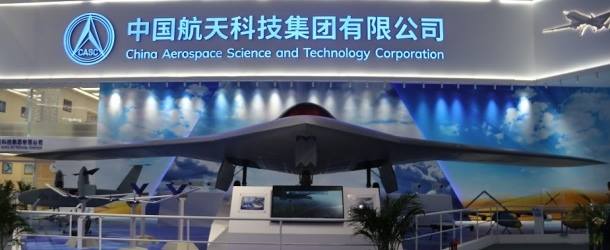US Concerned with China-Europe Advanced Quantum Research

(ManilaTimes) Professor Aurora Roxas-Lim, a faculty member of the Ateneo de Manila University and the Kalayaan College and author of Southeast Asian Art and Culture: Ideas, Forms and Societies, analyzes the US concern with China-Europe advanced quantum research. Dr. Roxas-Lim explains, “The frontline of today’s world war is on technology even more than trade.” The United States-China trade war is not about trade but about the US making every move to remain the greatest, and only, power in the world in all key areas… in trade, finance, law, media, academia, currency, etc.
Today, the US is concerned with China’s developing prowess for technology, in quantum physics, and why it matters to the superpowers.
One of the most spectacular breakthroughs in quantum physics: the successful completion of Quantum Experiment in Space Scale (Quess) carried out by a team of 34 physicists headed by Professor Pan Jianwei at the University of Science and Technology in Shanghai . They launched the satellite named “Micius” into space with Long March rocket booster Li 2D in August 2016.
Satellite Micius orbits 500 kilometers above the earth, is sun-synchronous and its command station communicates to three ground stations from Beijing to Shiquanhe Observatory in Ali, Tibet, to Xinglong Observatory in Urumqi in Xinjiang (2,500 kilometers) and the Institute of Quantum Optics and Quantum Information in Vienna, Austria, 7,500 kilometers away. The three CAT-2 science satellite of the Polytechnique University of Catalonia, Spain, monitors transmission in Europe.
Quess is not an exclusive scientific undertaking of China. It is an international and cooperative endeavor.
Why is there readiness by Austria and Spain to collaborate with China in spite of the fact that the US discourages collaboration with China and imposes embargo on the export of advanced high-technology to China? The US’ concern about the rising technical prowess of China converting into greater economic clout and leadership is actually an evolution of an historical process, where existing powers try to stop rising one, sometimes leading to war… The US raising speculations that China might use technology to spy is an objective technical possibility.
The Philippines should, like smaller nations throughout history, play its positions intelligently and continue to study the past and future trends, acquire more capabilities for its own people. The competition is not just one of technology or economy, but also one of a national population’s discipline and creativity.



















